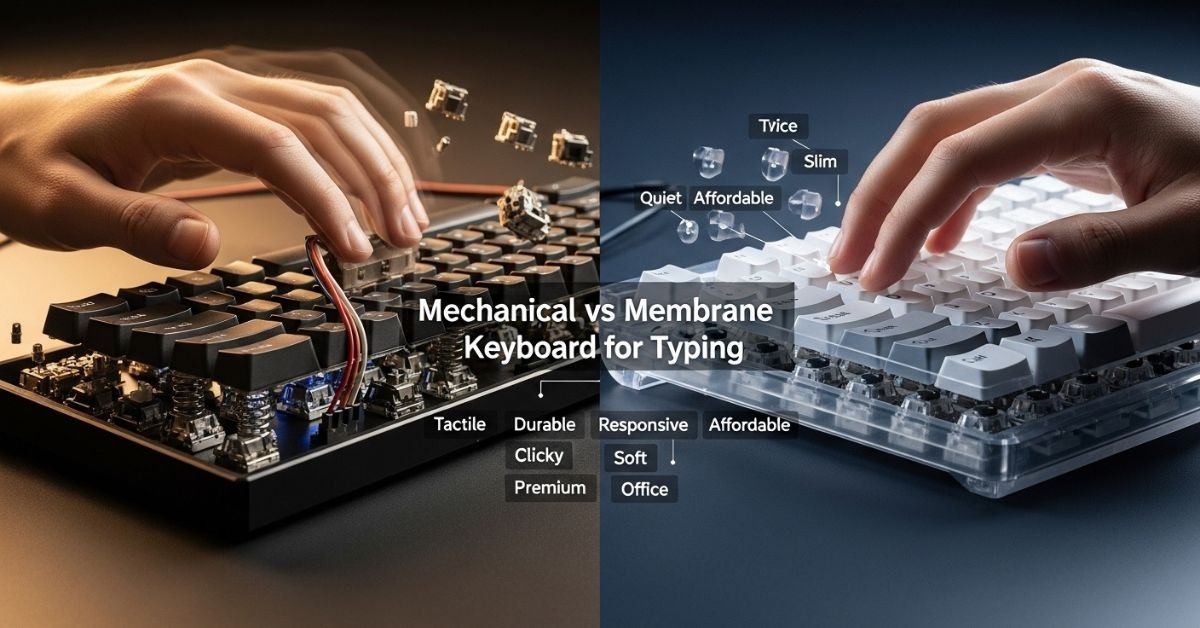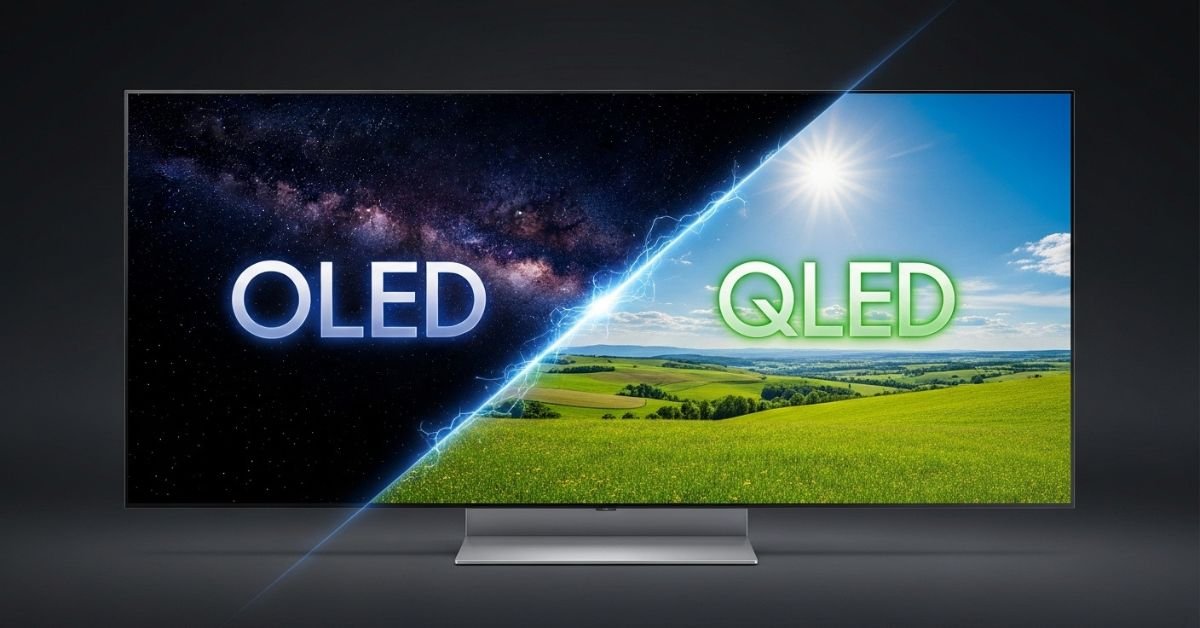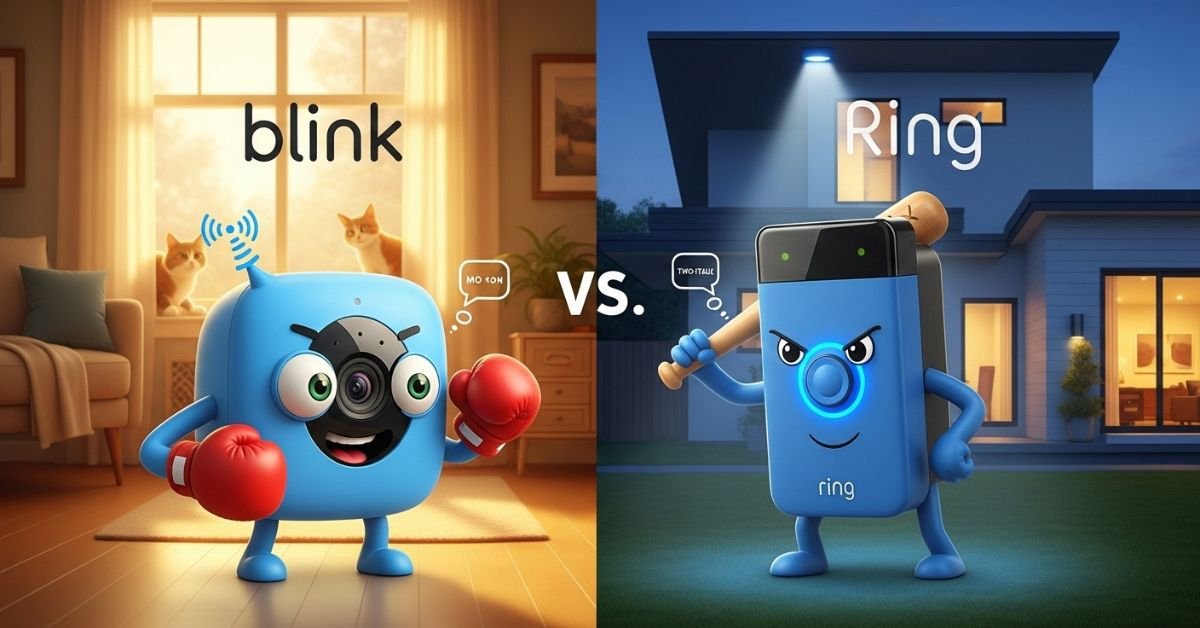In today’s digital world, keyboards are more than just peripherals—they’re productivity tools that impact your typing speed, comfort, and long-term ergonomics. Whether you’re a writer, programmer, student, or office worker, choosing the right keyboard is essential. The most common comparison boils down to one key question: **mechanical vs membrane keyboard for typing—**which should you choose?
This comprehensive guide explores the pros and cons of both types, their feel, performance, and long-term value to help you make an informed choice.
Contents
- 1 What Is a Mechanical Keyboard?
- 2 What Is a Membrane Keyboard?
- 3 Mechanical vs Membrane Keyboard for Typing: Side-by-Side Comparison
- 4 Pros and Cons: Mechanical vs Membrane Keyboard for Typing
- 5 Ergonomics and Health Considerations
- 6 Typing Efficiency and Workflow Impact
- 7 Maintenance & Longevity
- 8 Final Verdict: Mechanical vs Membrane Keyboard for Typing
- 9 FAQs: People Also Ask
- 10 Conclusion
What Is a Mechanical Keyboard?
A mechanical keyboard uses individual mechanical switches beneath each keycap. Each switch is composed of a base, a spring, and a stem, offering distinct tactile and audible feedback.
Key Features of Mechanical Keyboards:
- Tactile feedback: Crisp keypress feel for accuracy and speed.
- Customizable switches: Choose from clicky (Blue), tactile (Brown), or linear (Red).
- Durability: Often rated for over 50 million keystrokes per key.
- Modular design: Easy to replace keys or even switch types.
Who Should Use a Mechanical Keyboard?
Mechanical keyboards are ideal for:
- Writers & journalists who type for hours daily.
- Developers needing fast and accurate input.
- Gamers who want precision and responsiveness.
- Professionals who want long-lasting gear.
What Is a Membrane Keyboard?
A membrane keyboard uses a thin, flexible membrane layer with conductive traces that register keypresses. Unlike mechanical keyboards, they don’t use individual switches.
Key Features of Membrane Keyboards:
- Quiet typing experience: Low noise level for shared spaces.
- Lightweight & compact: Slim and portable design.
- Affordable: Budget-friendly option for basic users.
- Spill-resistant: Some models are sealed and easier to clean.
Who Should Use a Membrane Keyboard?
Membrane keyboards are suited for:
- Casual users who don’t type extensively.
- Students looking for affordable typing tools.
- Offices where noise must be minimized.
- Travelers needing compact and portable accessories.
You Might Also Like: Power bank 10000mAh vs 20000mAh? Quick Guide to Choose Right
Mechanical vs Membrane Keyboard for Typing: Side-by-Side Comparison
| Feature | Mechanical Keyboard | Membrane Keyboard |
|---|---|---|
| Typing Feedback | Tactile and/or audible click | Soft and quiet |
| Typing Speed | Faster for experienced typists | Moderate, may cause fatigue |
| Durability | 50–100 million keystrokes | 5–10 million keystrokes |
| Noise Level | Louder (unless using silent switches) | Quieter, ideal for quiet environments |
| Maintenance | Requires more upkeep and cleaning | Easier to clean in sealed models |
| Customization | High (switches, keycaps, lighting) | Minimal |
| Cost | Higher upfront investment | Budget-friendly |
| Ergonomics | Variable, depends on switch type | Often less ergonomic |
Pros and Cons: Mechanical vs Membrane Keyboard for Typing
Pros of Mechanical Keyboards:
- Excellent tactile feedback
- Longer lifespan
- Highly customizable
- Better typing accuracy
Cons of Mechanical Keyboards:
- More expensive
- Louder (can be distracting)
- Heavier and bulkier
Pros of Membrane Keyboards:
- Quieter typing
- Lightweight and portable
- Budget-friendly
- Often spill-resistant
Cons of Membrane Keyboards:
- Shorter lifespan
- Mushy key feel
- Less satisfying typing experience
- Harder to press multiple keys at once (ghosting)
You Might Also Like: Wireless Earbuds vs Neckband: Which One Should You Choose?
Ergonomics and Health Considerations
For anyone typing 6–8 hours a day, ergonomics are critical. Poor keyboard design can lead to repetitive strain injuries (RSIs), carpal tunnel syndrome, or general fatigue.
Mechanical Keyboard Ergonomics:
- Custom switches reduce finger strain.
- High-quality keycap profiles support natural hand positioning.
- Some models offer wrist support and adjustable feet.
Membrane Keyboard Ergonomics:
- Softer keystrokes may feel comfortable initially.
- Long-term use might increase fatigue due to inconsistent key resistance.
Verdict: For long typing sessions, mechanical keyboards often provide better ergonomic support when paired with proper hand posture and a wrist rest.
Typing Efficiency and Workflow Impact
Typing efficiency isn’t just about speed—it’s also about accuracy and fatigue reduction.
- Mechanical keyboards improve typing speed over time due to their responsiveness and feedback.
- Membrane keyboards, while quieter, may slow down experienced typists and increase typing errors in fast-paced environments.
Maintenance & Longevity
Mechanical keyboards are an investment that can last for decades with basic care. You can replace switches, swap keycaps, or even lubricate components to refresh the feel.
Membrane keyboards, on the other hand, are typically non-serviceable. Once the membrane wears out or a key becomes unresponsive, replacement is the only option.
Final Verdict: Mechanical vs Membrane Keyboard for Typing
So, **mechanical vs membrane keyboard for typing—**which should you choose?
- Choose Mechanical if you:
- Type heavily or professionally.
- Want long-lasting equipment.
- Prefer feedback and customization.
- Choose Membrane if you:
- Type occasionally or casually.
- Need a quiet and compact setup.
- Are on a strict budget.
Ultimately, it comes down to your typing style, budget, and environment. For power users and professionals, mechanical keyboards are worth the investment. For casual or budget-conscious users, membrane keyboards are sufficient for basic tasks.
FAQs: People Also Ask
Q1: Are mechanical keyboards better for typing?
Yes, mechanical keyboards are generally better for typing due to their tactile feedback, accuracy, and durability. They help reduce typing fatigue and errors for long sessions.
Q2: Do membrane keyboards wear out faster?
Yes. Membrane keyboards typically last for 5 to 10 million keystrokes per key, compared to 50 million or more for mechanical switches.
Q3: Why do people prefer mechanical keyboards?
People prefer mechanical keyboards because of the consistent keystroke feel, durability, and higher typing accuracy. Enthusiasts also enjoy customizing switches and keycaps.
Q4: Are mechanical keyboards too loud for office use?
Some mechanical keyboards can be loud, but quieter switch types (e.g., Cherry MX Silent Red or Brown) and O-rings can reduce noise significantly.
Q5: Is it worth switching from membrane to mechanical?
If you type frequently or suffer from hand fatigue, switching from membrane to mechanical is often worth it for the improved comfort and performance.
You Might Also Like: Smartwatch vs Fitness Band: Which One Fits Your Lifestyle Best?
Conclusion
Choosing between a mechanical vs membrane keyboard for typing isn’t just about personal preference—it’s about how you work, what you value in a device, and how much you’re willing to invest in comfort and longevity.
Whether you’re aiming for higher typing speeds, quieter workspaces, or simply a better feel under your fingers, this comparison should help you find the keyboard that truly fits your needs. Remember, the best keyboard is the one that supports your workflow, your comfort, and your goals.



